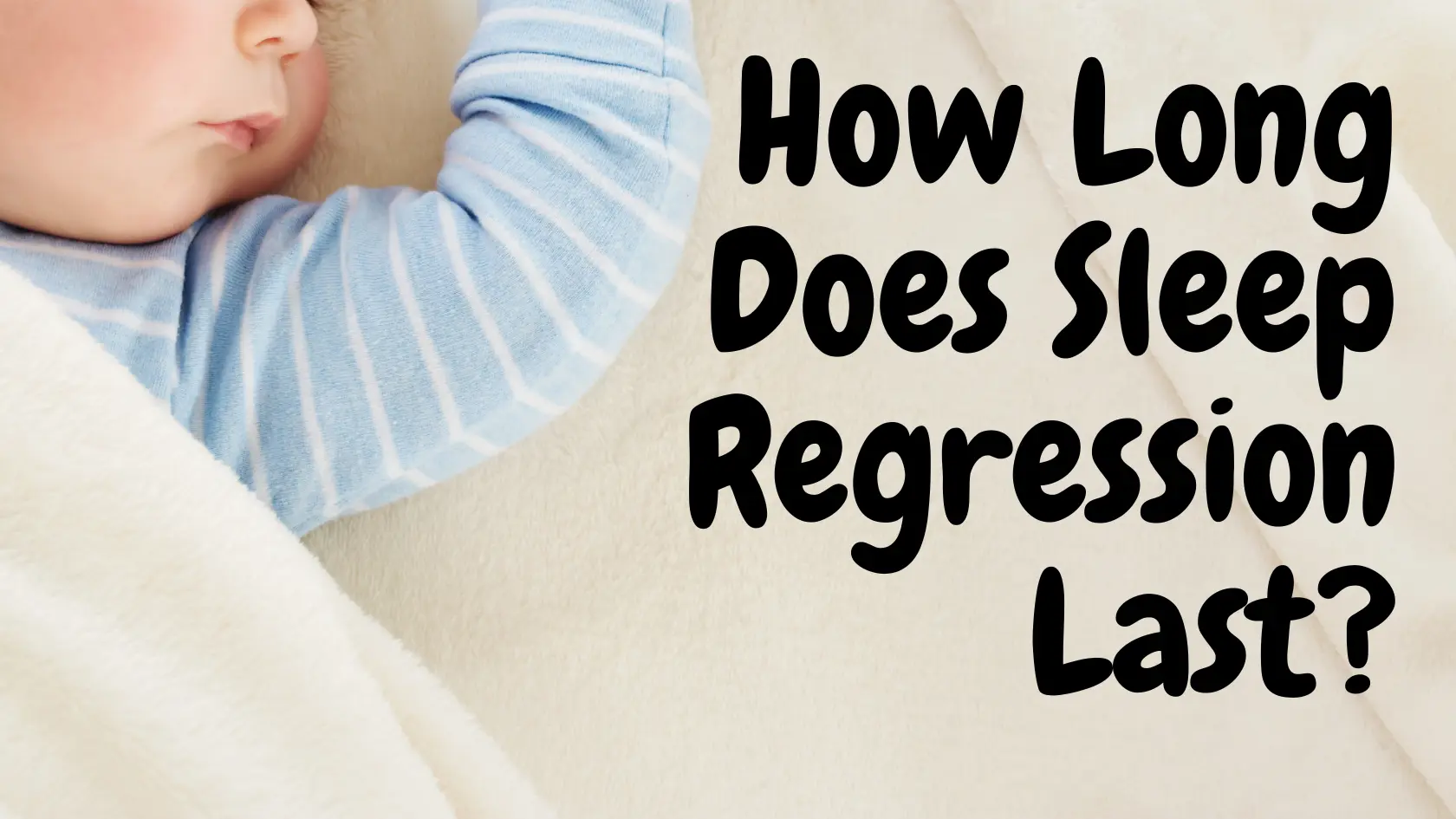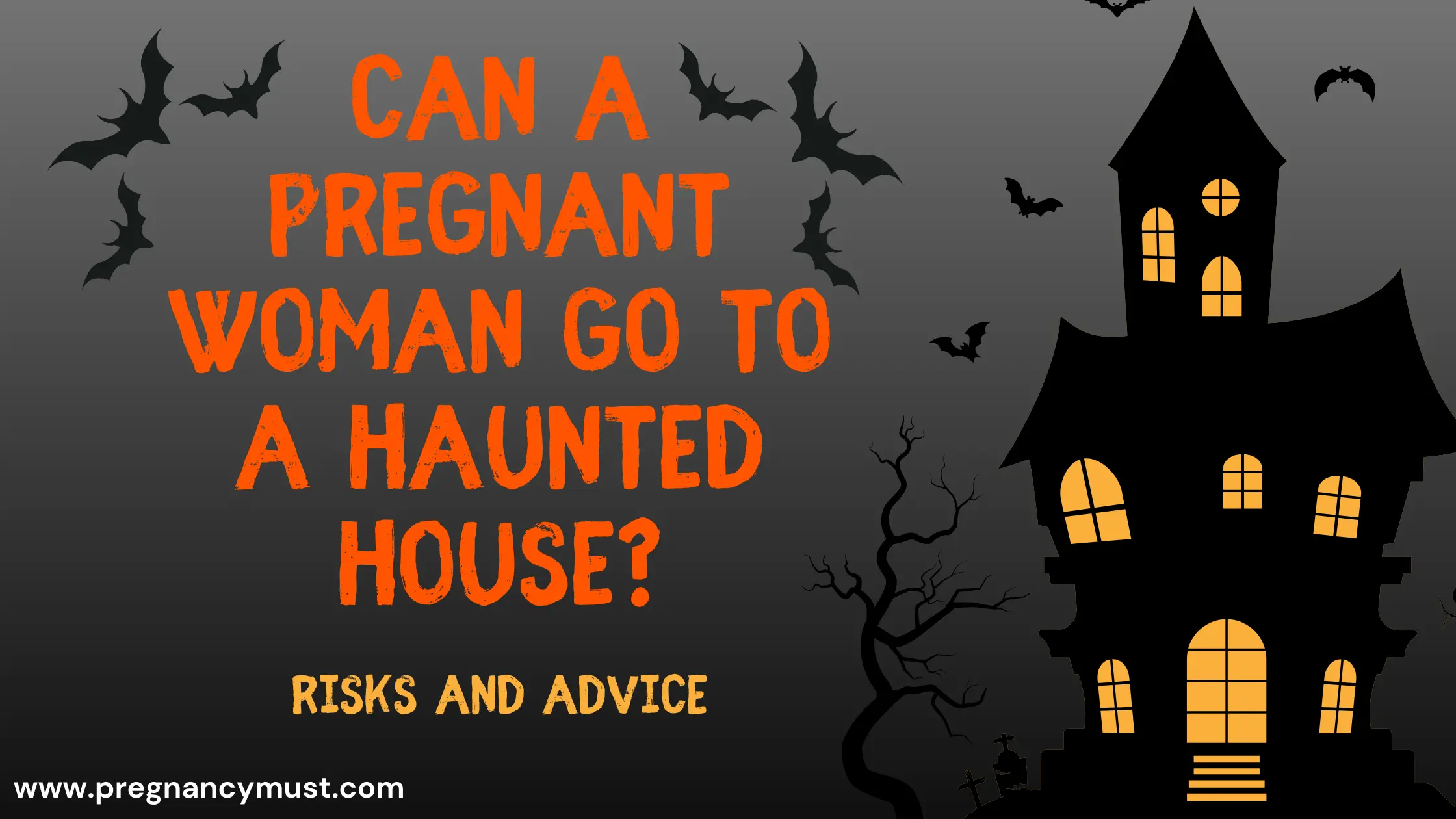A question that parents who are having trouble with their kids’ sleep often ask is, “How long does sleep regression last?” It can help and reassure you to know about the patterns of sleep regression and how they affect your baby’s sleep routine.
Table of Contents
- What is Sleep Regression?
- How Long Does Sleep Regression Last?
- Sleep Regression by Ages
- Signs of Sleep Regression
- Why Does Sleep Regression Happen?
- How Long Does Sleep Regression Last for Each Stage?
- What to Do During Sleep Regression
- Is Sleep Regression Different for Toddlers?
- FAQ: Common Questions About Sleep Regression
- Conclusion: How Long Does Sleep Regression Last?
What is Sleep Regression?
When a baby’s sleep habits change for a short time, they may wake up more often or have trouble falling asleep. This is called sleep regression. It usually happens at certain ages, like the 4-month sleep regression, the 8-month sleep regression, and the 18-month sleep regression, but it can happen at any point in your baby’s growth.
Babies often go through sleep regressions when they reach important developmental milestones, like when they learn new skills or grow quickly. These big events often make them change the way they normally sleep, which can cause short-term sleep problems.
How Long Does Sleep Regression Last?
One of the most common questions from parents is How long does sleep regression last? The length of sleep regression depends on how old your baby is and how they usually behave. Most of the time, sleep regressions last between two and six weeks. However, there may be differences based on the state of regression.
Sleep Regression by Ages
Different stages of sleep regression can occur at various ages in babies. Let’s take a look at some of the most common sleep regressions:
4-Month Sleep Regression
When your baby’s sleep cycles start to look more like an adult’s, they wake up more often at night. This is called a 4-month sleep regression. Babies are also becoming more aware of their surroundings at this age, which can make it harder for them to calm down on their own. The transition in their sleep cycles, from shorter to longer periods of deep sleep, can make it harder for them to fall back asleep independently when they wake up during the night. During this time, babies may also experience more frequent awakenings as they adjust to the new cycle.
6-Month Sleep Regression
Babies usually go through 6-month sleep regressions when they hit developmental milestones like sitting up, crawling, or moving around more. It may also be hard for kids to sleep around this time because they are growing. These changes in growth often make people feel pain and make them more aware of their surroundings. It might be harder for babies to go back to sleep after waking up in the middle of the night as they learn to sit up or move. It can be painful for your baby to teethe, which can make it hard for them to sleep through the night. Parents may also notice that their child wakes up more at night.
8-Month Sleep Regression
New physical skills (like crawling and standing) and increasing separation fear are frequently the causes of the 8-month sleep regression. At this age, babies are also becoming more aware of their surroundings, which may wake them up more often at night. As they get better at moving around and discovering their world, they might wake up more often, either because they are happy or upset. This switch can also happen when a kid starts to notice when they’re not with their parents, which can cause separation anxiety. It may be hard for them to stay quiet and go back to sleep if they’re used to being held or soothed when they wake up at night.
12-Month Sleep Regression
Before your baby’s 12-month sleep regression, they might be walking and feeling more independent. There may also be emotional and social change at this time, which can make it hard to sleep. Babies often want to explore more when they learn to walk, which can make it hard for them to fall asleep at night. Babies become more independent at this age, which can make it hard for them to sleep because they want to be in charge. This big step forward in growth can also cause anxiety about being away from parents, which can make you wake up more often.
18-Month Sleep Regression
The 18-month sleep regression is common as toddlers begin to test boundaries and experience more independence. Their mental growth and the need to be in charge can make it hard for them to go to sleep, which can cause them to wake up often. Toddlers are becoming more aware of their surroundings and making their needs known more clearly at this age, which can make it hard for them to fall asleep or stay asleep. Some kids may not want to go to bed because they want to stay up later or play more actively. Changes in emotions during this phase can also cause separation anxiety, which can make it hard to fall asleep or wake up at night.
2-Year-Old Sleep Regression
Significant changes in both physical and mental growth are observed during the 2-year-old sleep regression. When kids are this age, they might be moving to a baby bed, potty training, or learning to talk better, all of which can make it hard for them to sleep. When kids move from a crib to a baby bed, they often feel freer, which can make going to sleep harder. Potty training can also be a pain because kids may wake up in the middle of the night to go to the bathroom. As children get better at talking, they might not want to go to bed or have trouble falling asleep.
Signs of Sleep Regression
How can you tell if your baby is experiencing sleep regression? Common signs include:
- Increased night wakings
- Shorter naps
- Difficulty falling asleep at night
- Increased fussiness or crying at bedtime
- Difficulty staying asleep or staying in their crib
Why Does Sleep Regression Happen?
The reasons for sleep regression have to do with important stages of growth. Babies and children go through many changes in their bodies, minds, and emotions that can make it hard for them to sleep. As an example, babies may have trouble sleeping when they learn new skills like crawling, walking, sitting up, or getting up on their own.
Pain that keeps you from sleeping can also be caused by growth spurts and puberty. Changes in habit, like starting daycare or going on a trip, can also make it hard to sleep for a short time.
How Long Does Sleep Regression Last for Each Stage?
Here’s a breakdown of how long sleep regression lasts at different ages:
4-Month Sleep Regression:
Tends to last between 2 and 6 weeks. During this stage, babies get used to their new sleep cycles, which can make them wake up more often at night and have trouble calming themselves down.
• 6-Month Sleep Regression:
Could last up to six weeks, though some kids feel it for shorter amounts of time. This regression often happens at the same time as learning new motor skills, like moving. Teething and pain can also cause this regression.
• 8-Month Sleep Regression:
Twice a week for three to four weeks. At this age, babies may wake up more often at night because they are learning motor skills like standing up and moving, and they may also be getting more anxious about being alone.
• 12-Month Sleep Regression:
Sometimes it goes away after a few weeks, but sometimes it can last longer based on how the baby is growing. As babies learn to walk and become more independent, they may go backwards in development emotionally and socially, which can affect their sleep habits.
• 18-Month Sleep Regression:
Lasts for two to four weeks. As children become more independent and emotionally mature, they often go back to this stage. It can be shown by not wanting to go to bed and waking up more often at night because of separation anxiety or big developmental jumps.
• 2-Year-Old Sleep Regression:
Lasts for a few weeks most of the time, but changes in behavior, like potty training or moving to a toddler bed, can make it last longer or shorter. These changes, along with your child becoming more independent and emotionally growing, can make it hard for them to sleep at night.
What to Do During Sleep Regression
Dealing with sleep regression can be exhausting, but there are steps you can take to help manage the situation:
Stick to a consistent bedtime routine:
Having a regular bedtime routine can provide comfort to your baby during sleep regression. This consistency helps signal to your baby that it’s time to wind down, making it easier for them to settle for sleep.
Create a calming sleep environment:
Keep the room dark, quiet, and at a comfortable temperature to encourage sleep. You can also use white noise machines or soft lullabies to help drown out any disturbances and create a peaceful environment conducive to rest.
Comfort your baby:
During the night, if your baby wakes up, offer comfort with a gentle pat or soothing voice. Reassure them that you are nearby, but avoid picking them up immediately to help them learn to self-soothe.
Avoid overstimulation:
Before bed, try not to do too many things that could get your baby excited, like playing or watching TV. Your baby can calm down and get ready for sleep by doing quiet things like reading a book or singing softly.
Be patient:
Know that sleep regression is only temporary and will end in due course. Remember that your baby is going through important developmental steps, even though it can be hard. As they grow, their sleep patterns will become more stable.
Is Sleep Regression Different for Toddlers?
Babies often go through sleep regression, but toddlers can also have problems with their sleep routines. There are different levels of sleep regression in toddlers, such as sleep regression at 9 months, 12 months, 18 months, and 2 years old. Toddlers may have trouble going to bed at these times because they are learning new things, having separation anxiety, or showing that they are independent.
FAQ: Common Questions About Sleep Regression
1. How long does sleep regression last?
Sleep regression can last anywhere from two to six weeks, based on the child’s age and the developmental stages they are reaching.
2. Can sleep regression happen at 3 months?
Yes, kids can go back to sleeping less at 3 months old as their sleep cycles get more advanced.
3. Is the 4-month sleep regression the worst?
There are big changes in sleep cycles during the 4-month sleep relapse, which makes it hard for many parents. This is true for all babies, though.
4. How do I handle the 2-year-old sleep regression?
The 2-year-old sleep regression often involves behavioral issues, so offering reassurance, maintaining a consistent bedtime routine, and being patient can help.
5. Can sleep regression happen at 6 months?
Yes, babies often go back to their old sleep patterns around 6 months, when they hit milestones like crawling, sitting up, or teething.
6. Does sleep regression only happen in babies?
No, sleep regression can happen in toddlers as well. Toddler sleep regression occurs when children go through significant developmental changes, such as potty training or transitioning to a toddler bed.
Conclusion: How Long Does Sleep Regression Last?
It can be hard for both babies and parents to deal with sleep loss. Parents can better prepare for this difficult stage if they know when and why sleep reversal happens. Keep in mind that sleep regression is only temporary. Your baby will get back to a more regular sleep routine with time and consistent methods.
Explore more on Pregnancy Must –









